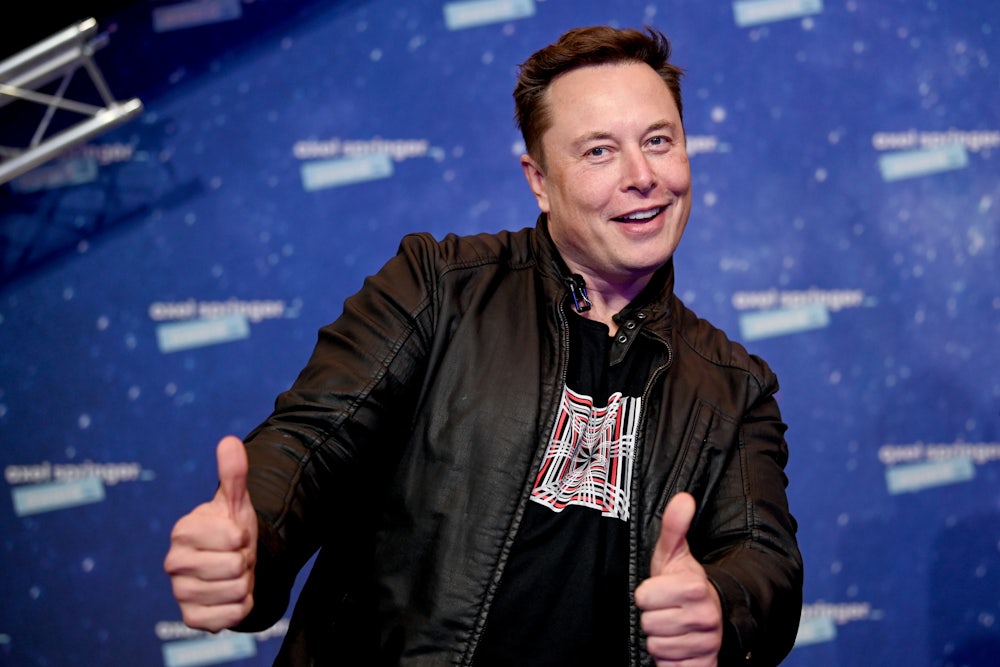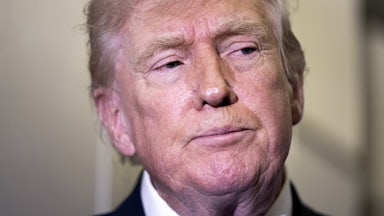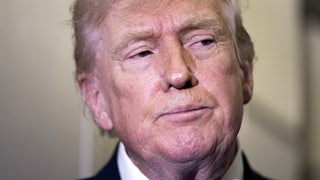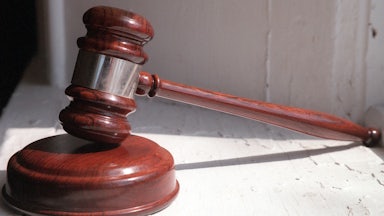Twitter CEO Elon Musk bowed to a strongman over the weekend. The social media platform announced on Friday night that in “response to legal process,” it had “taken action to restrict access to some content in Turkey” ahead of the country’s presidential election on Sunday. It wasn’t clear exactly which accounts were limited, but reports indicated that some were critics of autocratic leader Recep Tayyip Erdoğan, including Kurdish businessman Muhammed Yakut and investigative journalist Cevheri Güven, who have both been critical of corruption within Erdoğan’s party. “It’s a disgrace to democracy and freedom of expression that Twitter has caved to Tayyip Erdoğan,” Güven told Turkish Minute on Sunday.
The outrage was widespread. The surprise was not. Ever since he bought Twitter, Musk has eagerly suppressed speech he dislikes. Now he’s given authoritarians everywhere a playbook on how to bully Twitter into censoring opponents—and that’s not just a problem for foreign countries, but the United States too.
This is not what Musk promised. He purchased Twitter last year in part because, in his view, the social media platform had lost its way. No longer a meritocratic “digital town square” in which every idea got a fair shake and the best arguments won out, Twitter had become beholden to “woke” ideology, shadow-banning views that offended the left. Now Musk, the self-proclaimed “free speech absolutist,” would unshackle it.
That is not, to put it lightly, what has happened during Musk’s six months at the reins. He first devoted himself, in vain, to proving that the old Twitter was rife with censorship. He provided reams of internal documents to sympathetic writers like Matt Taibbi and Bari Weiss, who then advanced cherry-picked, misleading narratives that the social network had worked, often in league with the federal government, to suppress misinformation about the 2020 election and the pandemic.
But Musk has mostly used his newfound power to shut down narratives. He has banned and blocked journalists who have covered him negatively; he has banned and blocked journalists who have covered his (often despicable) friends negatively. He has blocked links to competitors like Substack. He has shown his own twisted commitment to free speech absolutism by regularly posting misinformation about the Covid-19 vaccine, the home-invasion attack on Nancy Pelosi’s husband, and other issues.
In no way has Musk shown a genuine commitment to free speech, even as he continues to pay lip service to the concept. And his decision over the weekend to censor tweets in Turkey may have been his most egregious violation yet. Pressed by Substacker Matt Yglesias on Saturday, Musk responded in a typically petulant—and revealing—fashion. “Did your brain fall out of your head, Yglesias?” he tweeted. “The choice is have Twitter throttled in its entirety or limit access to some tweets. Which one do you want?”
It’s obvious which one Musk wants, but the choice here is far from obvious. Musk could have dared Erdoğan to block Twitter entirely in Turkey. If Erdoğan had blinked, then Musk would have looked noble for once. If Erdoğan instead blocked Twitter, at least his supporters and opponents would have been silenced equally—and such a move would have made his authoritarianism even clearer to voters.
Musk also argued that, well, everyone complies with these requests—and that he was, in fact, being more transparent than his peers. “This is par for the course for all Internet companies—we are just going to be clear that it’s happening, unlike the others,” he tweeted. Except that’s really not the case. In 2014, Erdoğan’s government blocked access to Twitter after it refused requests to censor accounts in the lead-up to local elections. Twitter responded by telling users how to circumvent the ban; access was ultimately restored two weeks later, after an uproar.
By not pushing back, Musk is enabling authoritarianism in Turkey and possibly elsewhere. It’s likely that Erdoğan—who faces a runoff election in two weeks after failing to draw 50 percent of the vote—will see this as an opportunity to push for further restrictions in the days ahead; the next request to throttle accounts could be permanent. Meanwhile, strongmen elsewhere have seen how easily Musk caved, and will consider aping Erdoğan’s playbook ahead of their own elections. Donald Trump, no doubt, is taking notice.






